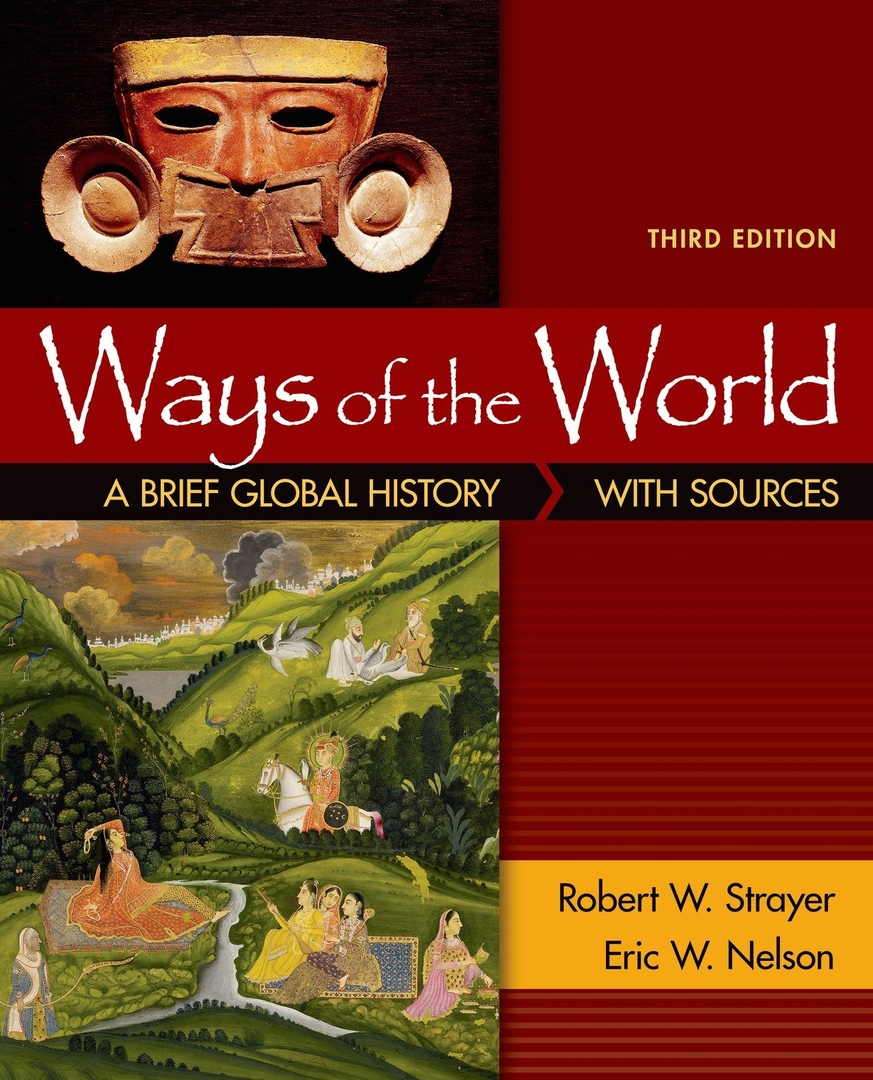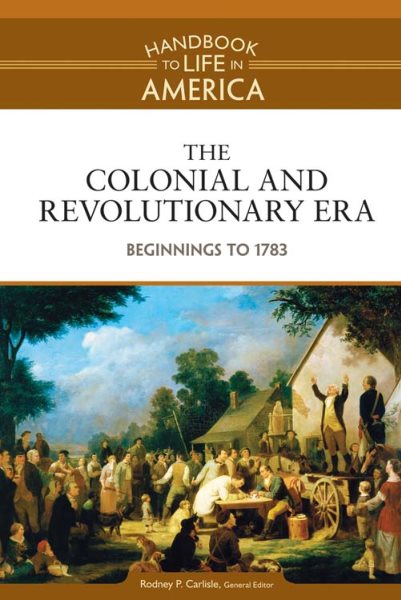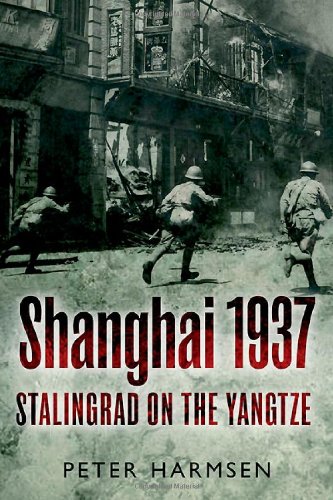A Concise History of Premodern Korea:
1) A Concise History of Premodern Korea: From Antiquity through the Nineteenth Century – Michael J. Seth
Rowman & Littlefield Publishers | 2016 | PDF
Now in a fully revised and updated edition, this engaging text provides a concise history of Korea from the beginning of human settlement in the region through the late nineteenth century. Michael J. Seth’s thorough chronological narrative equally emphasizes social, cultural, and political history. Students will be especially drawn to descriptions of everyday life for both elite and nonelite members of society during various historical periods. The book emphasizes how Korean history can be understood as part of an interactive sphere that includes three basic areas: China, Japan, and the Manchurian/Central Asian region. Throughout, Seth draws comparisons between developments in Korea and those in neighboring regions. All readers looking for a balanced, knowledgeable history will be richly rewarded with this clear and cogent book.
2) A Concise History of Modern Korea: From the Late Nineteenth Century to the Present – Michael J. Seth
Rowman & Littlefield Publishers | 2016 | PDF
Now in a fully revised and updated edition, this comprehensive and balanced history of modern Korea explores the social, economic, and political issues it has faced since being catapulted into the wider world at the end of the nineteenth century. Placing this formerly insular society in a global context, Michael J. Seth describes how this ancient, culturally and ethnically homogeneous society first fell victim to Japanese imperialist expansionism, and then was arbitrarily divided in half after World War II. Seth traces the postwar paths of the two Koreas—with different political and social systems and different geopolitical orientations—as they evolved into sharply contrasting societies. South Korea, after an unpromising start, became one of the few postcolonial developing states to enter the ranks of the first world, with a globally competitive economy, a democratic political system, and a cosmopolitan and dynamic culture. By contrast, North Korea became one of the world’s most totalitarian and isolated societies, a nuclear power with an impoverished and famine-stricken population. Considering the radically different and historically unprecedented trajectories of the two Koreas, Seth assesses the insights they offer for understanding not only modern Korea but the broader perspective of world history. All readers looking for a balanced, knowledgeable history will be richly rewarded with this clear and cogent book.
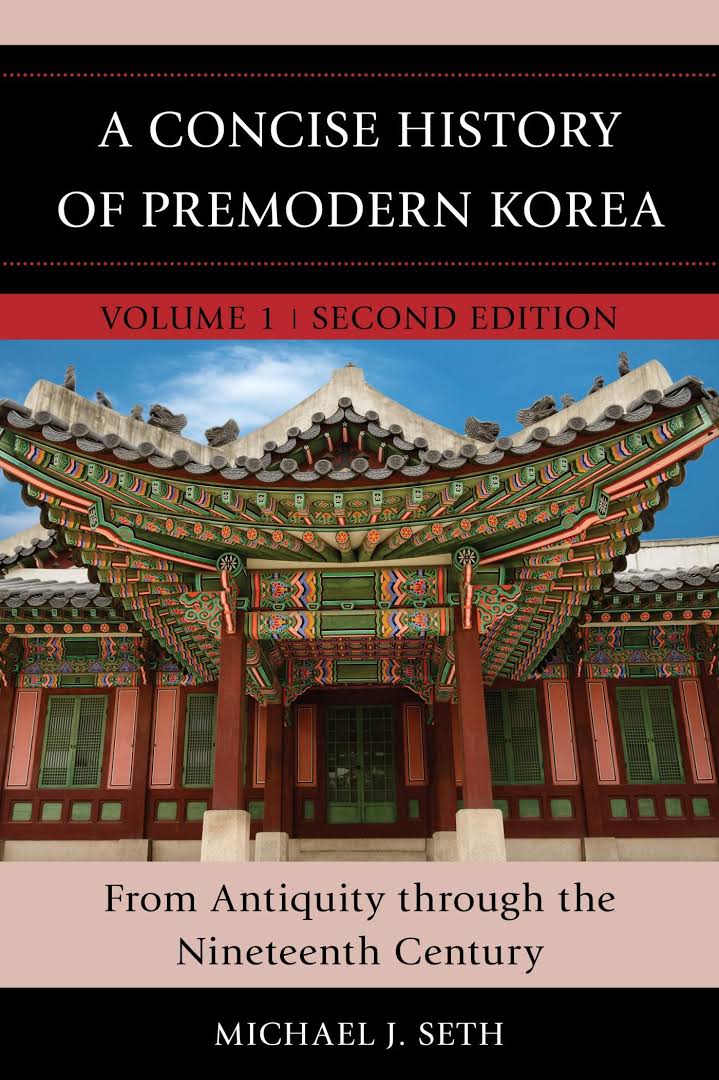 1 / 2
1 / 2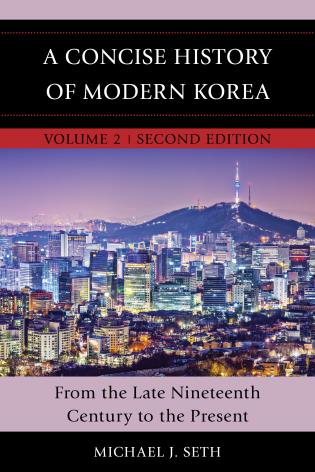 2 / 2
2 / 2
